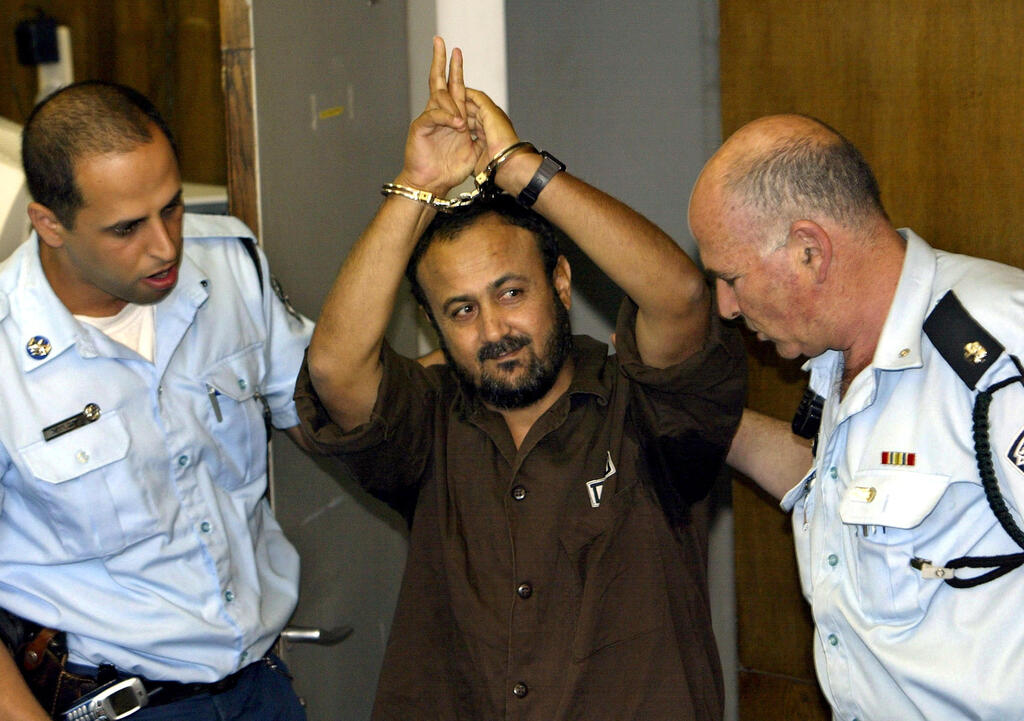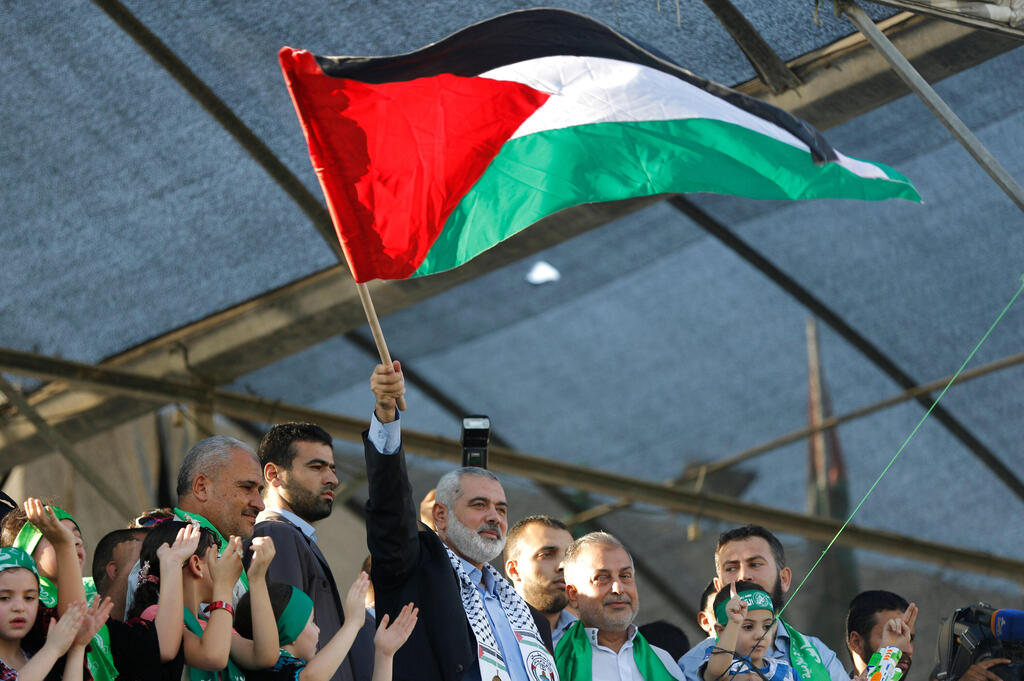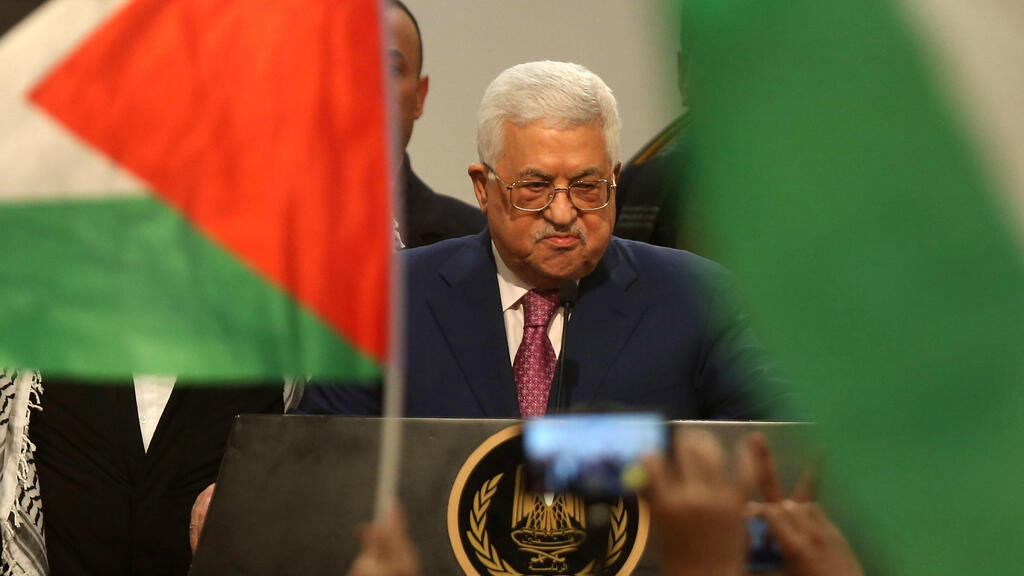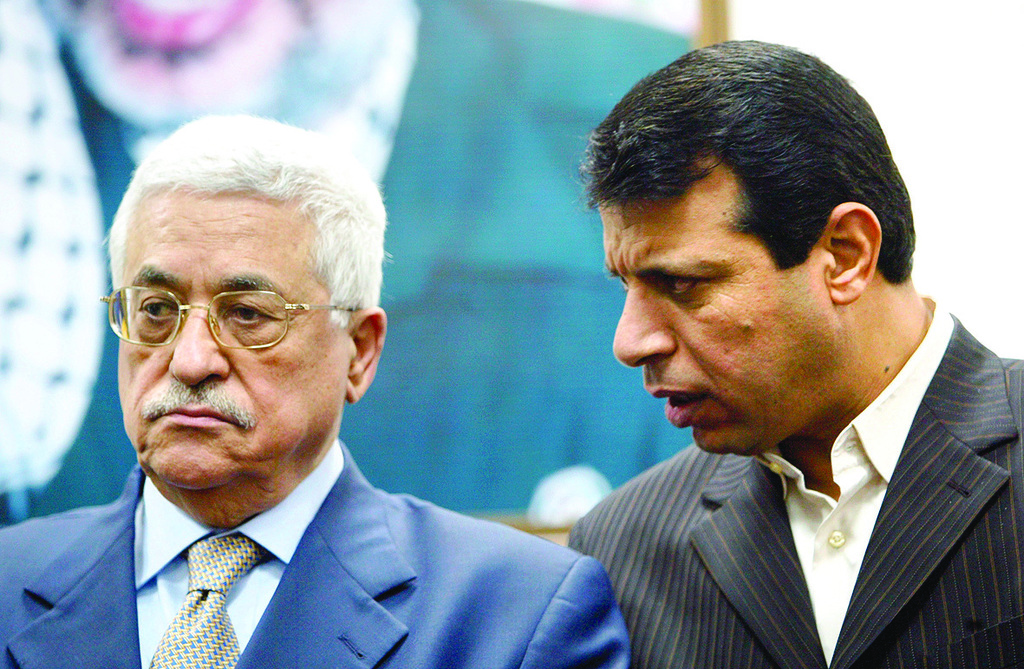Getting your Trinity Audio player ready...
In about a month, some 2.5 million Palestinians are meant to head to the polls in the West Bank and Gaza Strip to vote in the first parliamentary elections in over 15 years.
But in recent days the Palestinian Authority, led by Palestinian President Mahmoud Abbas and his Fatah organization, has seemingly been preparing the public for the possibility of the elections being delayed to an unspecified date – essentially calling them off.
The official reason for delaying the vote is the fact that Israel has not yet said whether it will allow the elections to take place in East Jerusalem as well.
Based on experience, it is likely that Israel will not respond to Ramallah's request and instead simply ignore it outright.
Israeli security forces are barring any electoral activity in the area, arresting activists and candidates partaking in any sort of political action such as press conferences or party rallies.
The Palestinians are publicly protesting these measures, mainly asking for help from the European Union to pressure Israel into allowing the elections in East Jerusalem.
But they are also themselves refraining from proposing any solution to this issue, such as placing polling stations in foreign consulates or neighborhoods located behind the West Bank separation fence.
4 View gallery


Popular ex-Fatah official Marwan Barghouti is serving consecutive life sentences in an Israeli jail for terrorist activity
(Photo: Reuters)
It seems that the real reasons for the delaying the elections are the weaknesses and divisions within Palestinian President Mahmoud Abbas' Fatah party.
These internal divisions had created two splinter groups that put Fatah's control of parliament at risk.
One group submitting its own list of candidates is led by former Fatah official Marwan Barghouti, who is serving five life sentences in Israel for terrorist activity.
The other group is headed by exiled former Fatah official Mohammed Dahlan, the organization's strongman in Gaza before Hamas' 2007 takeover of the Strip.
Dahlan found himself at odds with former ally Abbas after the bloody coup that saw Fatah thrown out of the coastal enclave and now lives in the UAE.
And while Fatah is split, its main rival Hamas is prepared for the elections with a unified and organized candidate list.
Fatah officials have in recent days made a series of vague, contradictory statements about the elections, clearly placing the blame for the potential delay on the issue of voting in East Jerusalem.
"We do not want to postpone the elections, but their delay is possible if international pressure on Israel fails," said Abbas aide Nabil Shaath on Tuesday.
More confusingly, Deputy Palestinian Prime Minister Nabil Abu Rudeineh said Wednesday that the elections would take place as planned, but then immediately said that the vote in East Jerusalem was a red line for Ramallah, without which there would be no elections.
According to Abu Rudeineh, the European Union - which is often perceived as siding with the Palestinians in disputes with Israel - would be unable to force Israel to allow the Palestinians in East Jerusalem to vote.
Hamas, in the meantime, is taking advantage of the chaos in Fatah.
"Postponing the elections due to Israel's refusal to allow a vote in East Jerusalem is tantamount to surrendering to the enemy," said Hamas deputy leader Saleh al-Arouri.
He also demanded that the Palestinian Authority defy Israel and hold the elections in East Jerusalem, hinting that any Israeli attempt to halt the vote could lead to uprisings.
4 View gallery


Senior Hamas official Ismail Haniyeh waves the Palestinian flag during a rally in Gaza City
(Photo: AFP)
Hitting back at Hamas, Fatah official Shaath said: "Some think we are using Jerusalem as an excuse to delay the elections, but we do not want to have an election where some of the people are prevented from voting."
For now, Israel is arresting dozens of Hamas activists and officials in the West Bank, including some of its parliamentary candidates, in an attempt to damage the group's campaign in the Fatah-dominated territory.
Meanwhile, the Islamist Hamas, whose populist approach led to successes in the 2006 elections, is taking advantage of Ramadan to gets its messages out to the throngs of Palestinians attending daily prayers in the mosques.



